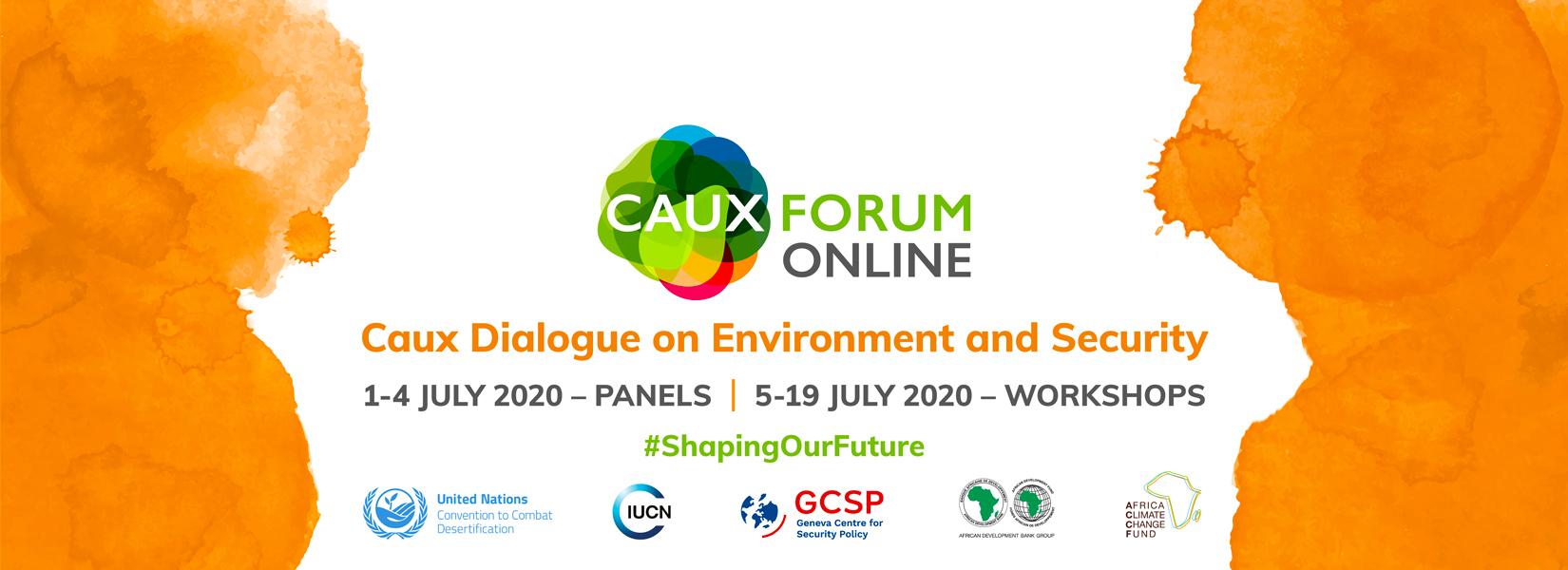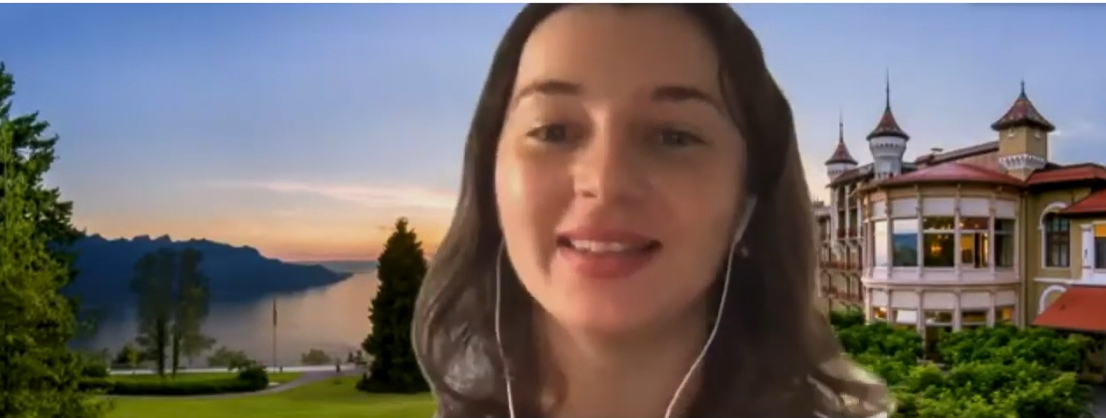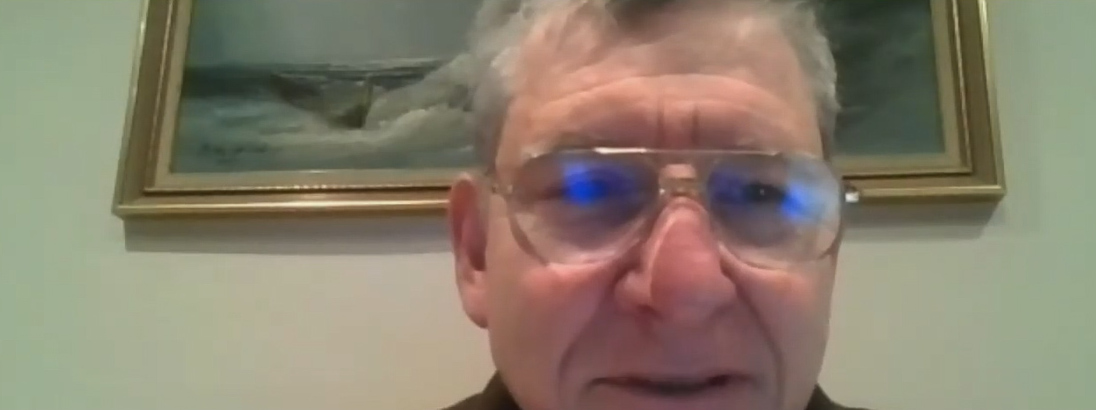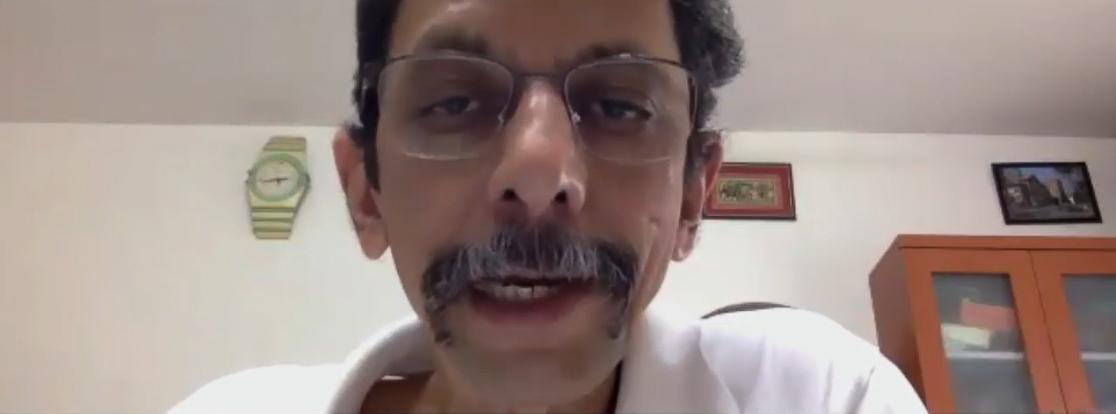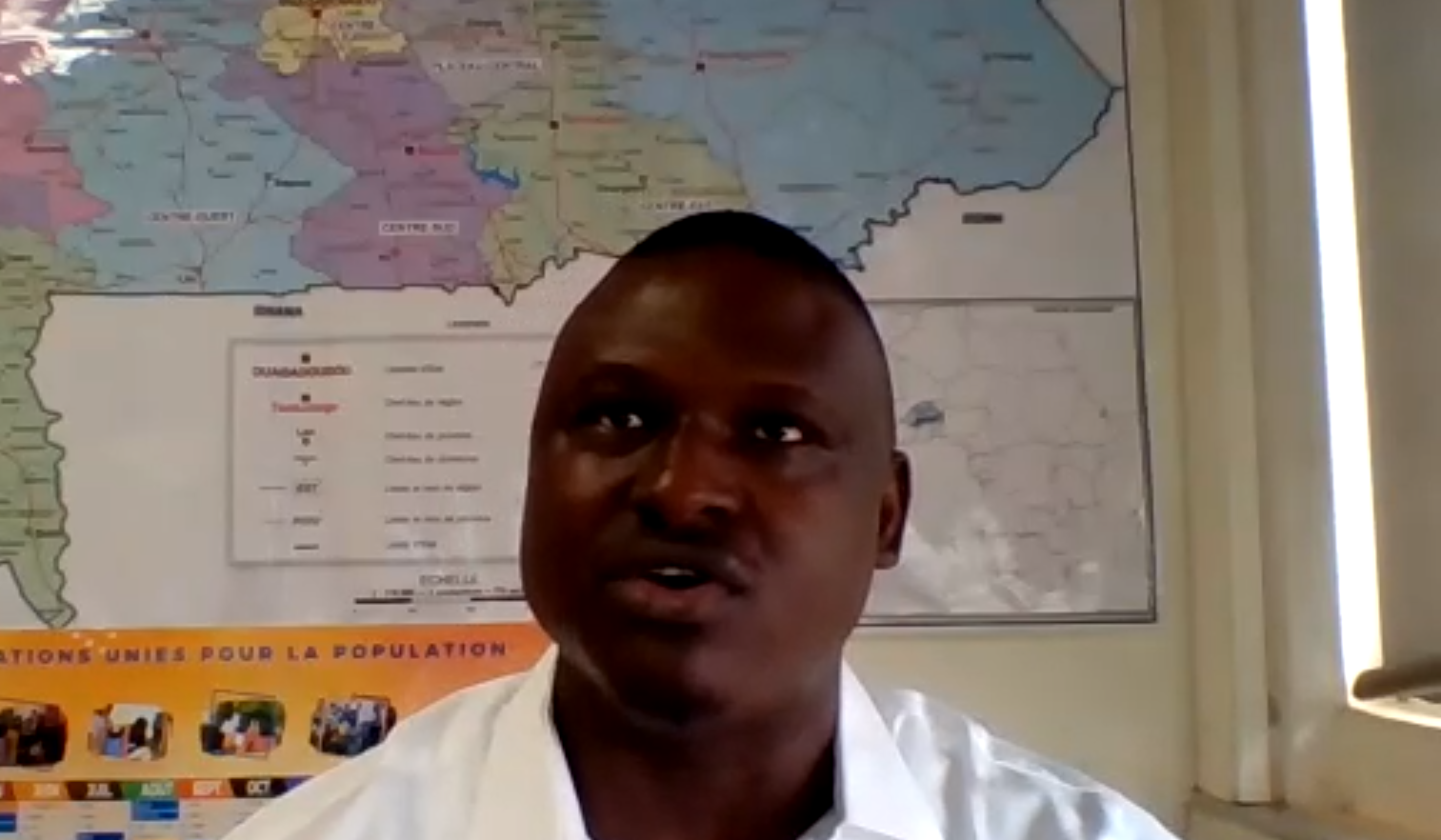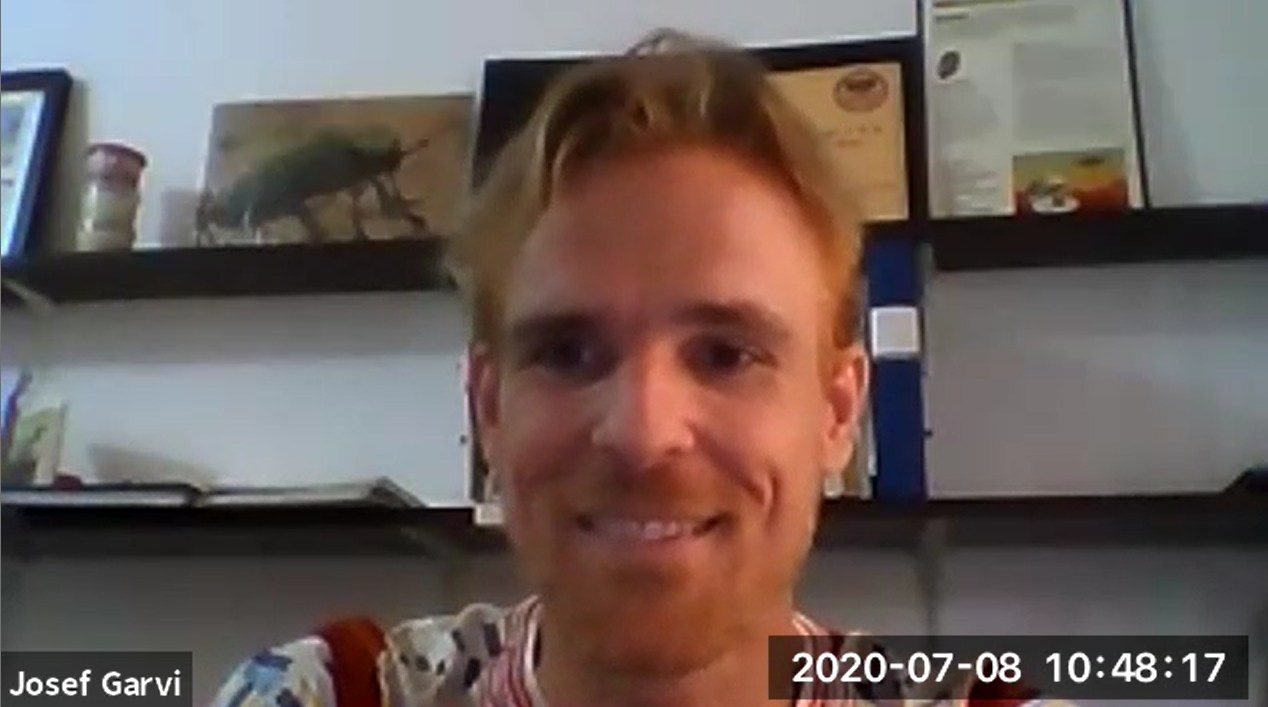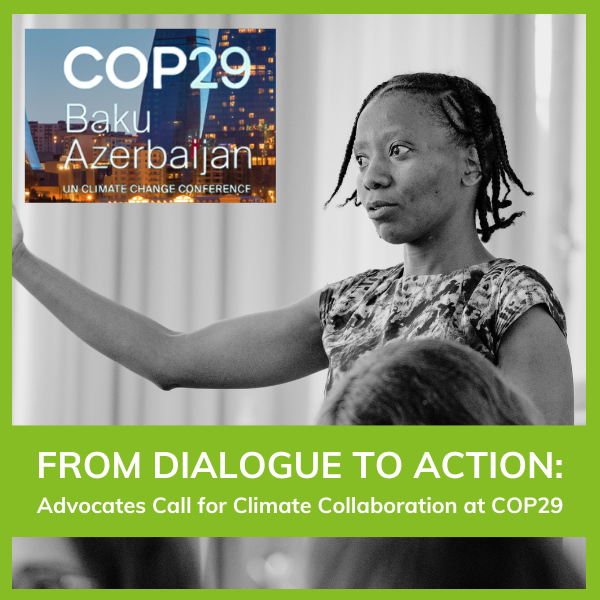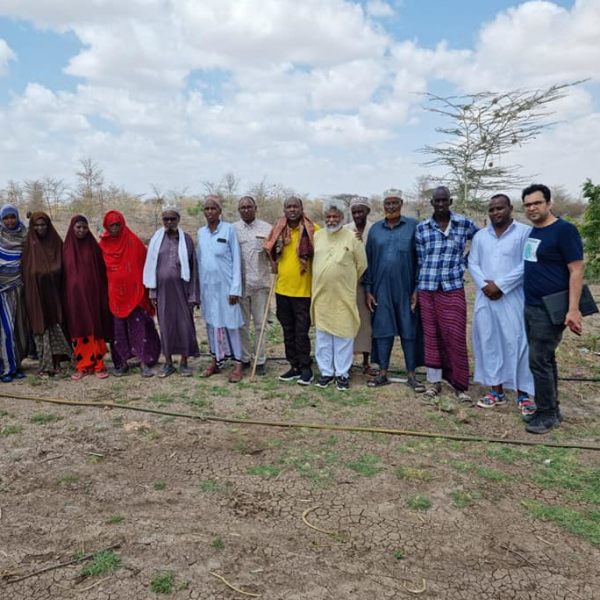Caux Dialogue on Environment and Security 2020
1 - 4 July 2020 (panels) / 5 - 19 July 2020 (workshops)
29/07/2020If you take care of nature, it cares for you
The Caux Dialogue on Environment and Security (CDES) 2020 aimed high in its first online edition, with more than 15 sessions and a cumulative total of 450 participants. Experts discussed the connection between security and the environment, with a focus on conflicts between farmers and herders and on the importance of involving local populations and their ancestral knowledge in land restoration projects. Visionaries presented their initiatives, and a group of artists, the IofC Bards, helped participants reflect on the conference and unwind. Fruitful conversations developed, which will be continued in monthly calls. We look forward to witnessing and supporting the collaborations and initiatives that grow out of the dialogue!
Most of the sessions have been recorded and you can watch the replays here.
Empowering local populations to restore their ancestral land
The conference started with four plenaries, three of them livestreamed on Facebook and on our website and shared with the Summer Academy on Land Security and Climate.
The first plenary, ‘Anticipating the security risks of land degradation and climate’, took place on 1 July. It started with a challenging and informative introduction by Oli Brown, Associate Fellow at Chatham House and at the Geneva Centre for Security Policy (GCSP). Dr Bishnu Raj Upreti, Advisor to the Nepal Centre for Contemporary Research, then explained that, important though science and modern technologies are, learning from local communities is essential to fighting land degradation. Sustainable solutions can only be developed with their collaboration and by integrating ancestral wisdom.
The second panel, on ‘Community Action: entry-point to holistic solutions’, explored concrete solutions to land degradation through cases studies. Tony Rinaudo, Senior Climate Action Advisor at World Vision Australia, is know as the ‘forest-maker’, because of his work to restore 200 million trees in Niger through farmer-managed natural regeneration (FMNR). He explained how a lot of his work in Niger consisted of ‘mindscaping’. ‘Everything you need is already in the landscape,’ he said. ‘You only need to make people friends of trees. Once you take care of nature, it cares for you. Even the poorest people can implement this technique.’ Read more here.
Himanshu Kulkarni, Executive Director of the Advanced Centre for Water Resources Development and Management (ACWADAM) in India insisted on the importance of restoring traditional practices and of empowering communities so that they can participate. He said: ‘Communities have the answers to their challenges and with the right support, incentives and policies environment, they can be implemented and bring positive outcomes.’
The last two plenaries dived deep into the practical problems of the pharmaceutical industry and climate finance and discussed initiatives to overcome them, such as the Pharmaceutical Supply Chain Initiative.
Workshops and community building
After the four plenaries, ten workshops were offered, including the very first Caux Ocean Dialogue. More interactive than the plenaries, they allowed time for discussions with the speakers. Most had a structure similar to the plenaries’, with high-level speakers such as Larry Gbevlo-Lartey, CEO of Human Security Research Centre of Ghana and former AU High Representative for Counter-Terrorism; Dr Raphaëla le Gouvello, expert in marine coastal zone management; and Mukhtar Ogle, Secretary for Strategic Initiatives in the President's Office of Kenya. They all gave a short presentation before answering questions. Recurring concerns were conflicts between farmers and herders and the importance of collaborating with local population and integrating their traditional knowledge and practices.
The only workshop in French was held on 10 July, in collaboration with the Swiss Federal Department of Foreign Affairs, on the topic of ‘Land and Security in Sub-Saharan Africa’. The speakers included Oumar B Samake of the Malian Association for Awakening to Sustainable Development and Dr Mahamadou Savadogo, consultant on questions related to violent extremism in Burkina Faso. They explained how land degradation is directly related to the rise of armed groups and how it is crucial to restore land and make it accessible to women and young people. (Read the complete report here).
Another highlight was the session on ‘Land Degradation and Remediation: latest developments and best practices’, which was full of hope. The four speakers inspired participants with their success stories of land restoration. For example, Neal Spackman, Founder and CEO of Regenerative Resources Co, explained how, working with local people, he managed to transform desertified land in Saudi Arabia to savannah. Josef Garvi, Founder and CEO of Sahara Sahel Foods, spoke of how his company is reintroducing the population to nutritious traditional foods, which grow more easily than cereals in their region.
Participants also had the opportunity for hands-on learning. The workshop on ‘Enterpreneurship and Innovation: building the world you want to live in’ taught them how to plan future actions by framing their hopes for the world and ’retrocasting’ to determine what steps were needed to achieve them. They created a 90-day plan for action.
Lastly, the Caux Ocean Dialogue was launched, with a first exploration of the role that sea ecosystems play in the environment and of the actions needed to protect them.
Environment, security and the arts
The conference also explored the connections between art and environment. The IofC Bards, a network of poets, composers and musicians, took part in the Dialogue and created inspiring artworks to reflect their impressions.
Lisa Yasko, a Ukrainian MP and the Founder of Yello Blue Strategy, led a workshop on ‘Art and love in politics’, in which she shared her experience of making politically engaged artwork.
A two-day workshop on ‘Creativity for Sustainability’ led participants on a journey towards deeper connection with sustainability in their daily life. Finally, participants unwound through an interactive sound meditation led by flautist Žofie Kašparová.
- Read more on the Caux Dialogue on Environment and Security
- More on the Summer Academy on Land, Security and Climate
- Discover the CDLS Emerging Leaders Programme
